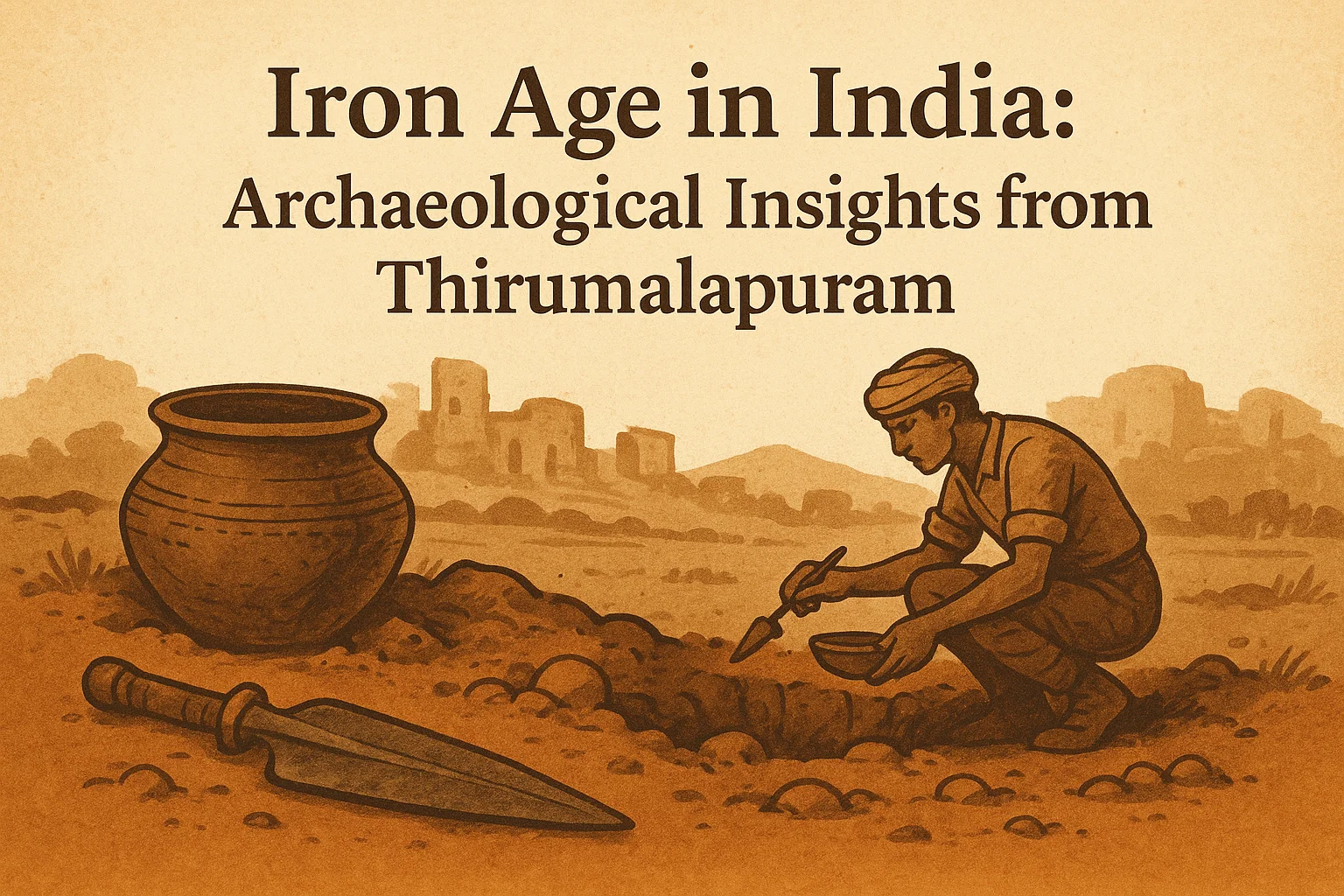Font size:
Print
Jivatram Bhagwandas Kripalani
Jivatram Bhagwandas Kripalani, commonly known as Acharya Kripalani, was a prominent figure in India’s freedom struggle and played a significant role in shaping post-independent India. Born on 11 November 1888 in Hyderabad, Sindh (now in Pakistan), he was an educator, social activist, and politician closely associated with Mahatma Gandhi and the Indian National Congress (INC).
Contributions to India’s Freedom Struggle:
- Early Involvement: Kripalani’s political activism began during his student years. He joined the Indian National Congress in 1927 and became an ardent follower of Gandhi. His participation in key movements included:
- Champaran Satyagraha: He actively supported the indigo farmers’ struggle against oppressive practices.
- Non-Cooperation Movement: He played a vital role in mobilising support for this nationwide campaign against British rule.
- Quit India Movement: As a leader, he was instrumental in organising protests and faced imprisonment multiple times for his activism.
- Kripalani’s leadership capabilities were recognised when he was elected as the President of the Indian National Congress in 1946, during a crucial period leading to India’s independence.
- However, his tenure was marked by internal conflicts, particularly with Jawaharlal Nehru regarding the direction of the party and governance post-independence. He resigned from this position in 1947 due to these differences.
Role in Constitution Making:
- Kripalani was also a member of the Constituent Assembly, where he chaired the sub-committee on Fundamental Rights.
- He advocated for a Preamble that not only stated legal principles but also embodied moral and spiritual values. His contributions were pivotal during the formative years of Indian democracy.
Post-Independence Contributions:
- After independence, Kripalani founded the Kisan Mazdoor Praja Party in 1951, which later merged into the Praja Socialist Party.
- His political career continued with his election to the Lok Sabha, where he served from 1951 to 1962. Notably, he moved the first-ever no-confidence motion in the Lok Sabha in 1963, following the India-China War, highlighting his proactive stance on governance issues.
- Kripalani was a vocal critic of both Nehru and Indira Gandhi. He opposed Nehru’s policies, which deviated from Gandhian principles of decentralised governance and village republics.
- His criticism intensified during Indira Gandhi’s tenure when he opposed her authoritarian approach during the Emergency (1975-1977).
- He was arrested for his dissent but remained an influential voice advocating for civil liberties and democratic values.


